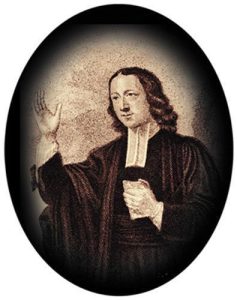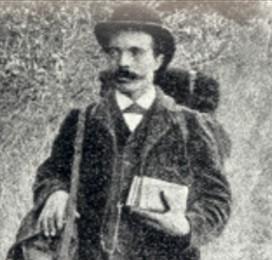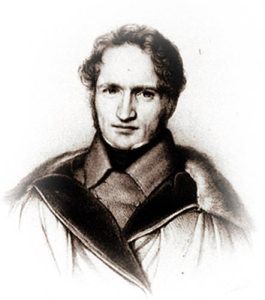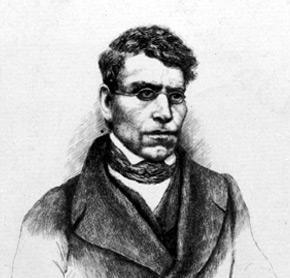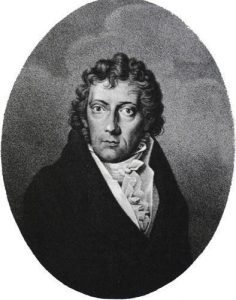The Latitudinarians
In the XVIIIth century, Great Britain had become a country of increasing religious indifference – this was mainly due to the influence of « Latitudinism », which disapproved of any form of dogmatism. The « Latitudinarians » denounced the intolerance with Puritanism, claiming that Christianity is more a matter of moral values than strong religious beliefs. Reason and Benevolence were their guiding principles. Great Britain was becoming an industrialized country and the Church was rarely present in the new urban working class areas with its slums and atrocious living conditions.
The men who led the «Revival» Movement
The Revival movement was a reaction against the all-invading apathy. It began with George Whitefield (1714-1770), who started outdoor preaching – first to the Welsh miners from the top of the slag heaps and later in London where he attracted large crowds, drawn to him by his fervent eloquence. John Wesley (1703-1791) set out to organize the movement into a structured society. He and his brother Charles belonged to the Holy Club, a pietistic student movement in Oxford, which aimed to provide a disciplined method of spiritual growth and met regularly to read the Bible. Wesley was deeply moved by his conversion on 24th May 1738 – he centered his theology on sanctification by works, which were the visible proof of God’s saving grace. Morally irreproachable behaviour and a well disciplined, holy life were also expected of the new convert after his “revival of religion”.
Wesley and Whitefield preached wherever they could find people to listen to them – they went outside the parishes, out in the open-air market place or in the factories and mines where they worked. They recruited lay preachers – in short, they used modern methods of evangelization. They came into conflict with the Anglican Church and were targets of ridicule by onlookers. What made matters worse was that some meetings were of a highly emotional nature – there were tears, cries of joy or sorrow, some people were verging on hysteria : Wesley was an eloquent speaker and occasionally used hypnotism to good effect.
The foundation of Methodism
Whitefield always wanted to stay within the structure of the Anglican Church, but Wesley gradually drew away from it because he could not accept Calvin’s theory of predestination. In 1784 he broke away from the established Church and had his own Church officially recognized – he gave it theological guidelines and passed on his authority to a governing body of one hundred preachers. This kind of Methodism was close to Presbyterianism because it stressed the importance of every member of the movement ; however its method of organisation was of the Episcopal kind. This was hardly surprising as Wesley himself was a Tory and of high church origin – he set great store by order, authority and dignified behaviour in Church life.
Aims and growth
At the beginning of the XIXth century, the British Revival movement had two main aims : to abolish slave trade and reform moral values – it was led by William Wilberforce (1759-1833). His influence was felt throughout the Victorian period and he was often accused of upholding the social hierarchy. His ideas inspired various other strands of the Revival movement, such as the « Darbystes » and the Salvation Army.
Methodism thrived in America. Its success was largely due to mass public meetings, religious magazines and hymns that were the living expression of the movement and later taken up as a source of inspiration for the negro-spirituals. Due to the Methodist Revival, women’s rights were more widely recognized and the barriers of social privilege and of race began to break down.

